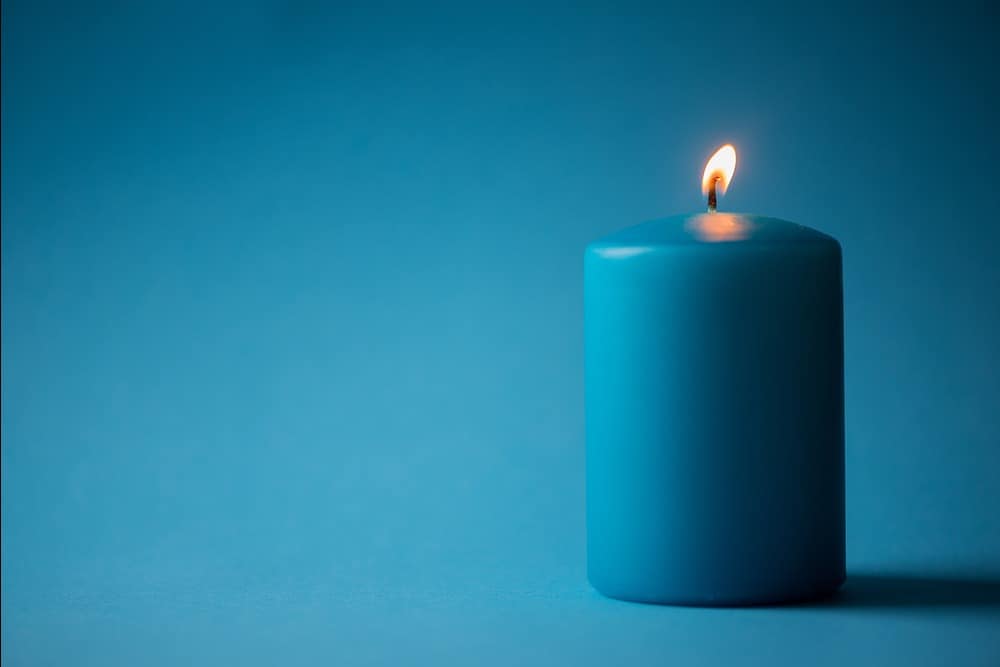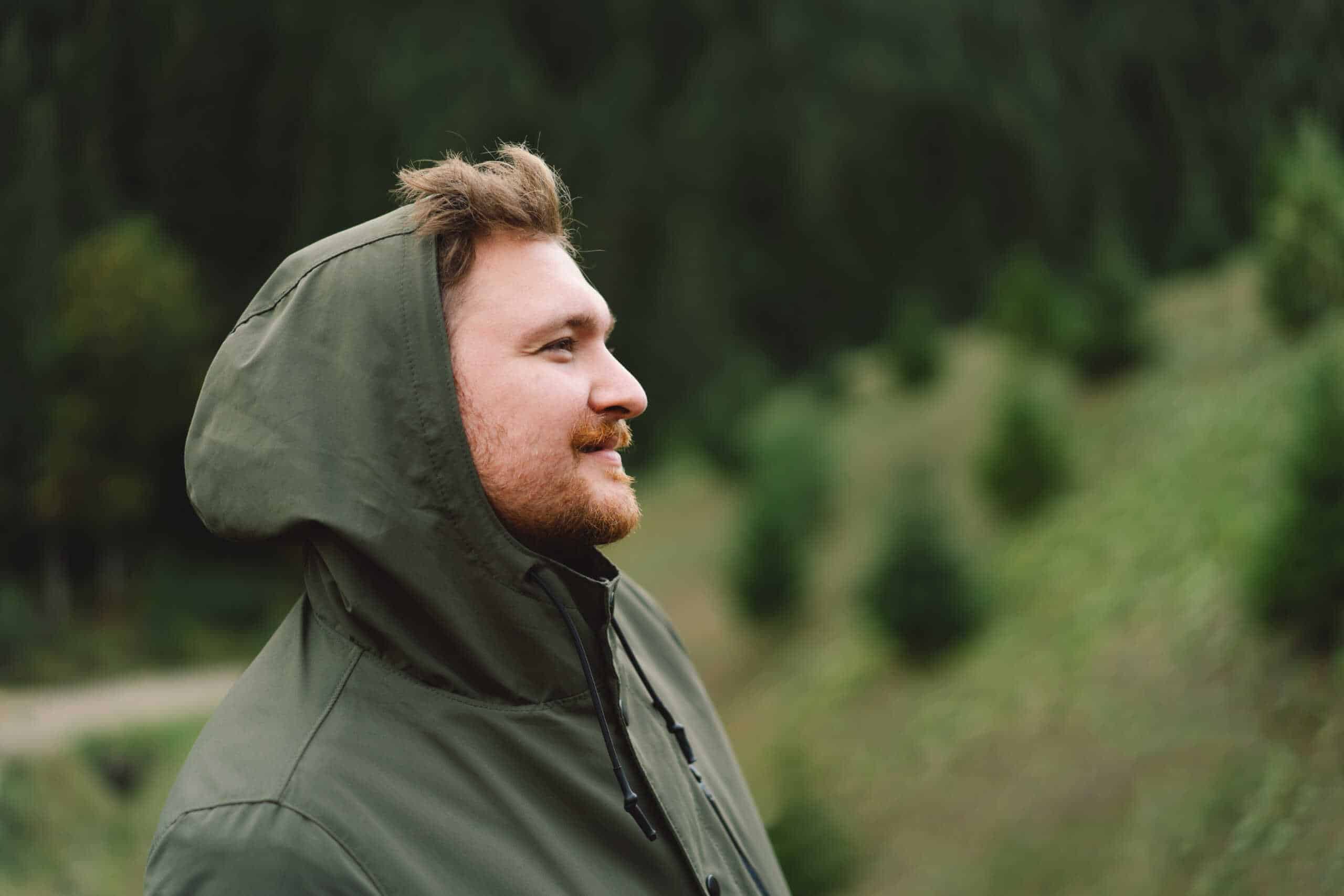What is Lean Drink?
Getting Help for Codeine Addiction
Every year, millions of Americans purchase cough medicine in order to treat the symptoms associated with the common cold and seasonal flu. Since the coronavirus pandemic, the sale of over-the-counter medications has increased dramatically. Most people are able to take cough and cold medicine with impunity, finding temporary relief from symptoms like sore throat, cough and congestion until the symptoms subside entirely. Others, however, purchase these medications with the sole intention of using them to get high.
According to the National Institute on Drug Abuse, “A person can also get addicted to cough and cold medicines. Addiction happens when somebody can’t stop using a drug, even though using it has bad effects on their life. Several cough and cold medicines contain ingredients that are psychotropic (mind-altering) when they’re taken in higher-than-recommended dosages. One kind of cough medicine—called dextromethorphan (DXM)—acts on the same brain receptors as hallucinogenic drugs do.”
When a person takes a cough medicine containing dextromethorphan at a dose much higher than recommended, they might experience hallucinations, seeing, hearing and feeling things that are not actually there. Additionally, some prescription cough medicines contain codeine, an addictive opioid narcotic. If a person takes cough medicine containing codeine in order to get high, they run the risk of developing a physical tolerance, which can lead to physical dependence. They also run the risk of opioid overdose.
In recent times, people have begun mixing addictive and potentially dangerous cough medications with soda, and calling the substance “lean drink” or “sizzurp.” This combination has gained rampant popularity among adolescents and young adults, seeing as cough medicine is relatively easy to obtain. It is important to note that lean drink can be addictive when taken regularly. If you or someone you know and love has been misusing dextromethorphan or codeine cough syrup, there is help available, and recovery is possible. Contact us today to learn more.
What is Lean Drink?
Lean drink (or simply lean) is the name given to codeine-promethazine or dextromethorphan cough syrup when it is combined with soda, melted candy or another sweet substance and made into a “cocktail” designed to get people high. Lean was first made popular in rap music, and is now frequently used among adolescents and young adults because of its accessibility. Lean is sometimes used at social events like electronic music dance parties (raves or EDM parties), and a recent study conducted by NIDA found that over half of “codeine” mentions on Instagram and other social media platforms referenced lean or sizzurp.
When a person drinks lean, the following effects are liable to occur:
- Their heart rate slows down and they might experience slowed breathing or respiratory depression.
- Taking lean in high doses can result in codeine overdose, which can lead to coma and death when left untreated.
- They are likely to build a physical tolerance over time, meaning a larger amount is needed in order for the desired effects to be produced.
Because cough syrup is initially prescribed by a medical professional, many adolescents and young adults mistakenly believe it is safe to use even when the dose is increased dramatically. If you believe someone you love has been misusing cough syrup or using lean, we recommend speaking with them about the dangers involved. If someone you love has developed a lean addiction, we are available to help. Contact us today to learn more.
A Brief History of Lean Drink Abuse in the U.S.
According to an article published by the U.S. Department of Justice, “Used since the 1960s primarily in and around the Houston area, Purple Drank also has been prevalent in other areas of the south. The mixture enjoyed a revival in the 1990s. A 2007 music album and a song titled Purple Drank and other recordings and music videos by hip-hop and rap artists appeared to glamorize and promote the mixture.” Largely rooted in the Southern rap music scene, this dangerous drink has gained popularity throughout the U.S. for the past three decades, and has been featured in countless rap songs since then. When addressed in the context of rap music, lean is usually referenced as a drink with calming and euphoric effects. Codeine cough syrup is now more difficult to obtain, seeing as government officials took note of its popularity and cracked down on distribution. Codeine cough syrup and cough medicine containing dextromethorphan can be found in medicine cabinets across the country, and is still widely abused by people in all demographics.
Lean Drink Addiction Signs & Symptoms
How can you tell if someone has been using lean drink? There are several signs and symptoms to keep an eye out for, including:
- Empty cough syrup bottles or soda bottles.
- Candy wrappers (usually hard, fruity candies which are dissolved in the concoction).
- Increased secretiveness/increased need for privacy.
- Noticeable weight gain (from increased soda and/or candy consumption).
- Less time spent with family members and close friends.
- Decreased performance at work or at school.
- Failing to meet personal obligations or take care of personal responsibilities.
- Drowsiness and fatigue.
- Frequent memory loss, both short and longer term.
- Frequently complaining about being sick or having a cough.
If you believe someone you love has been struggling with lean drink addiction, there are several ways to help. If you are unsure of what steps to take and you would like to speak with an addiction specialist, reach out to Princeton Detox & Recovery Center directly.

Treatment Options for Lean Drink Addiction
It is entirely possible to develop a lean drink addiction, seeing as codeine and dextromethorphan can both be physically and psychologically addictive. However, lean drink addiction does not develop overnight. The more often a person ingests this chemical substance the higher their chances of developing a tolerance, which eventually leads to addiction. Once a person develops a dependence, they start to experience symptoms of withdrawal when lean use is stopped suddenly.
There are several effective options for the treatment of lean drink addiction.
- Medical Detox – In medical detox a person undergoes a safe and comfortable drug withdrawal under the close supervision of a team of licensed medical professionals. Common symptoms associated with lean drink withdrawal include flu-like symptoms, insomnia, mood disturbances, severe stomach cramping, nausea and vomiting, muscle aches and pain, profuse yawning, nervousness and anxiety, chills and night sweats. In a medical detox setting these symptoms are effectively treated as soon as they develop.
- Residential Inpatient Treatment – Once a person has been physically stabilized they transition into a residential treatment program, where they stay for between 30 and 90 days. Most inpatient treatment programs include intensive behavioral therapy, life skills training, relapse prevention training and a range of holistic treatment options.
- Outpatient Treatment & Aftercare – Once a person completes residential rehab they often transition into an outpatient program like partial hospitalization (PHP) or intensive outpatient (IOP). A personalized aftercare is developed in order to ensure continued success in sobriety. This aftercare plan might include continued one-on-one therapy, regular psychiatric evaluation, and involvement in a recovery-based peer support group.
Ready To Begin Your Detox?
Don’t let addiction control your life.
Call us today and let’s get you started on the path to a better you.
The Benefits of a Multi-Staged Addiction Recovery Program
Individuals who have been using lean drink often benefit from a multi-staged continuum of clinical care. Because most lean users are adolescents and young adults, entering into an age-specific program of recovery is recommended.
At Princeton Detox & Recovery Center we offer an effective medical detox program geared towards helping people of all ages undergo a safe and comfortable codeine cough syrup withdrawal. However, we are dedicated to more than alleviating the symptoms associated with drug withdrawal. We actively prepare each of our clients to take the next appropriate step on their personal recovery journeys. This often looks like an immediate transition into an age-specific rehab program. If a client is still enrolled in school and is unable to take a leave of absence, we recommend entering into a partial hospitalization or intensive outpatient treatment program.
Why is Medical Detox an Important First Step?
When it comes to addiction recovery, medical detox serves as an important initial step. If you or someone you love has been abusing cough medication you might be tempted to detox in a home setting. Not only is detoxing at home dangerous, but the intense drug cravings that go hand-in-hand with lean drink withdrawal often lead a person back to use before the detox process is over.
Get Started On Your Personal Journey of Recovery
Princeton Detox & Recovery Center provides a licensed, individualized and integrated detox program to people of all ages who have been struggling with addictive disorders of all types and severities. We offer a personalized curriculum of clinical care, designed to help our clients make a smooth and seamless transition from medical detox into the next appropriate stage of their personal journey of addiction recovery. We understand how difficult it might seem to choose the best drug and alcohol detox in New Jersey for your unique personal needs. Fortunately, we are available to help make the decision easier. The moment you contact us, either directly through our website or over the phone, you are put in touch with one of our experienced and compassionate Treatment Advisors. They ask a short series of questions, ultimately helping you determine which level of care is the most appropriate for your unique case. If we believe our program is a good fit we conduct a free, no obligation insurance benefit check and facilitate local travel to our New Jersey detox and recovery center. Contact us today to begin.

Reviewed for accuracy by:
Amanda Hilzer M.Ed, CAADC, IADAC, ICCS, LCADC, CCS
Amanda graduated from Lehigh University with both an undergraduate degree in Psychology and a Master’s of Education degree in Counseling Psychology and has worked in the field of substance use disorder treatment and mental health treatment as a counselor and as a clinical manager for over 14 years.

































